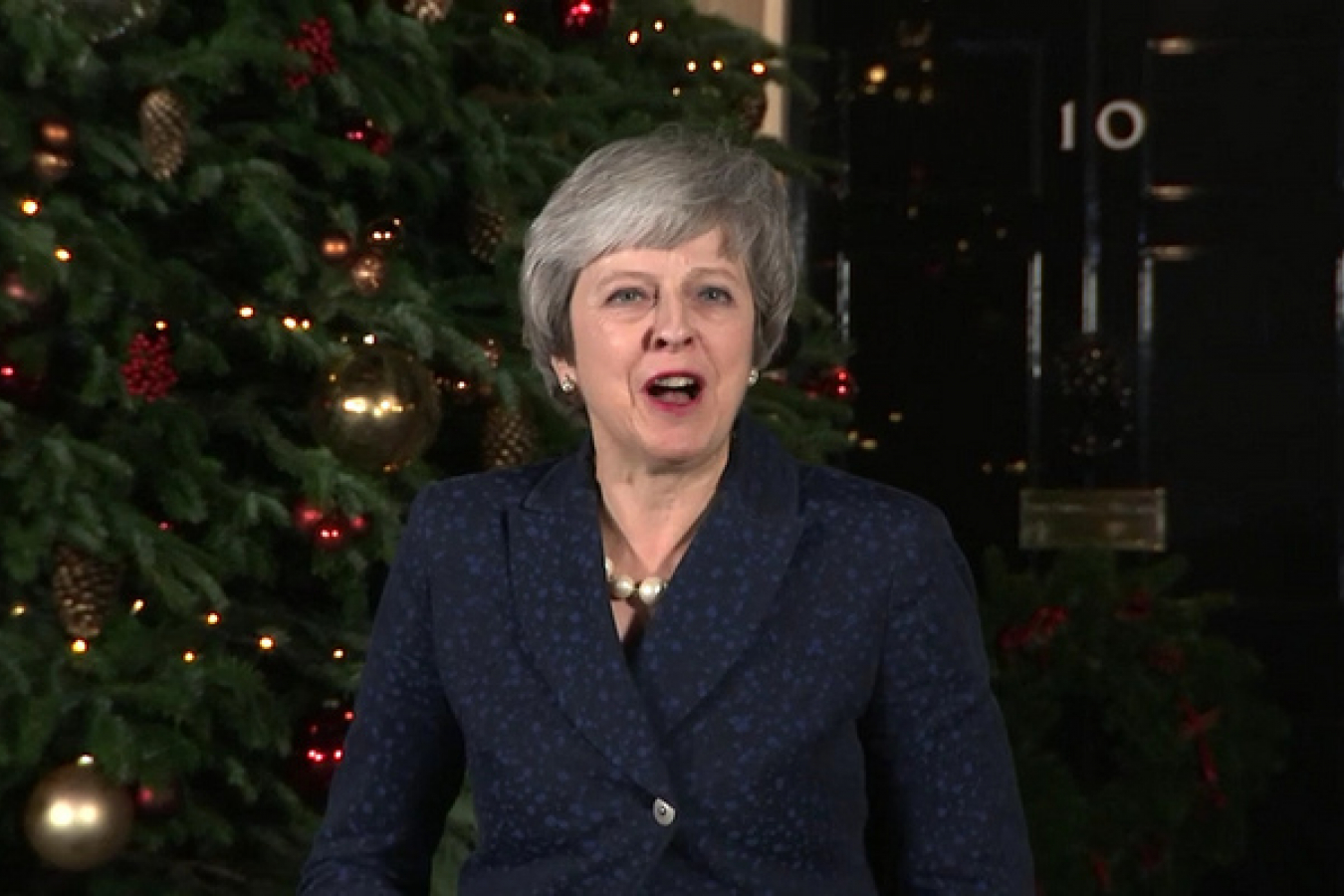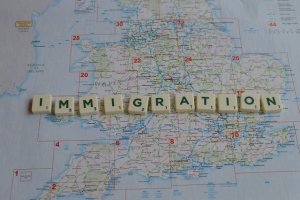Support migrant centric journalism today and donate

It’s been a turbulent two years for UK Prime Minister, Theresa May as she attempts to secure a deal for Britain’s exit from the EU. This also affects the UK visa situation. However, in a recent twist, the Prime Minister called off an MPs’ vote on her Brexit deal, with a view to going back to the European Parliament and asking for changes.
Sanwar Ali workpermit.com comment:
Assuming it actually happens there is little more than three months to go until Brexit occurs at 11pm on 29 March 2019. There are currently huge problems. It seems that Parliament will not accept the proposed agreement with the EU. The EU is unwilling to change the agreement. A no-deal Brexit or a second referendum seems increasingly likely.
If Brexit does occur then there should be a major overhaul of the Tier 2 Sponsor Licence and Tier 2 visa system.
In a recent open letter to the nation, UK Prime Minister Theresa May had laid out her vision for a post-Brexit Britain. In the letter, Mrs May clearly addresses the issue of UK immigration. However, many commentators believe that she is not telling the full story.
In the letter, Mrs May wrote: “We will take back control of our borders, by putting an end to the free movement of people once and for all. Instead of a UK immigration system based on where a person comes from, we will build one based on the skills and talents a person has to offer.”
UK Visa and EU freedom of movement
Interestingly, according to some commentators, Mrs May’s comments are quite extraordinary. In particular, her remarks about ‘putting an end to the free movement of people once and for all’ has raised certain questions.
An opinion piece written by Georgina Lee for Channel 4, points out that Britain has had several opportunities in the past to restrict the freedom of movement from the EU. She asks the question… why didn’t Britain take those opportunities?
Britain could have limited freedom of movement from the EU in 2004, when the Czech Republic, Estonia, Hungary, Latvia, Lithuania, Poland, Slovakia and Slovenia joined the trade bloc. In 2007, when Bulgaria and Romania joined, free movement could have been restricted then, and again in 2013 when Croatia joined the EU.
Restricting the right of EU citizens
Immigration rhetoric implies that Britain has been unable to control the arrival of EU citizens living and working in the UK. However, the UK had the opportunity to restrict the rights of citizens from new EU member states, to working in Britain for up to seven years, after which time EU citizens from those countries would have to leave the UK.
However, Britain was one of only three nations, alongside Ireland and Sweden not to restrict the rights of EU citizens from new, EU member states.
Non-EU migrants and Visit visas
Meanwhile, commentators claim that Mrs May’s comments imply that non-EU nationals are treated equally concerning UK visa entry, irrespective of their nationality. However, commentators argue that the Prime Minister’s remarks are misleading.
Some foreign nationals from non-EU countries visiting the UK, must have applied in advance for a UK visa, except if they’re travelling from one of 56, visa exempt countries including Australia, Brazil, Canada, Mexico and the USA. Nationals from UK visa exempt countries can enter and remain in the country for up to six months as visitors.
However, nationals from non-visa exempt countries such as China, India, Pakistan and South Africa, face tougher UK immigration rules if visiting the UK, highlighting that the current UK immigration system does discriminate based on where a person comes from.
UK immigration system should be equal for all
Commentators claim that the UK, if it wanted to, could operate an immigration system that grants citizens of all nations the same terms of entry to the UK as currently granted to EU citizens, once Brexit happens. This would make the immigration system equal for all.
However, commentators say that while this is legally possible, it’s unlikely because of political reasons.
Ultimately, commentators consider that the language used in Mrs May’s letter is misleading, especially around the issue of freedom of movement.
May’s remarks suggest that the UK has had very little control over people entering the country from the EU. In fact Britain, including once under a Conservative government, had the opportunity to restrict the free movement of citizens from 11 EU member states on three separate occasions but decided not to.
Further information, help, and advice on UK visa applications
Workpermit.com has been in the immigration services business for thirty years, and have helped thousands of people to study and work in the UK. We work under Section 84 of the 1999 immigration act and can submit your UK visa application to the Home Office to be dealt with on the same day.
For more information and advice on UK immigration law and UK visa applications please contact us on 0344 991 9222 or at london@workpermit.com





















